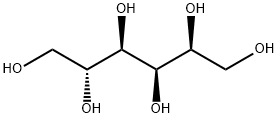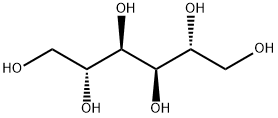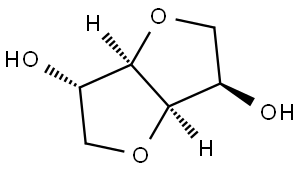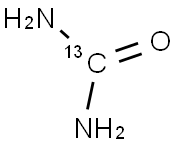Organic Chemistry
Dehydration Drugs also known as osmotic diuretics, a low molecular weight substance that is not easy or less metabolized in human body, and then excreted by renal in prototype. It can improve plasma and renal tubular fluid osmotic pressure after intravenous injection, resulting in dehydration and osmotic diuretic effect. Because it cannot significantly increase urinary sodium, chloride and other discharge, it is not a appropriate treatment for systemic edema. It mainly used to eliminate encephalitis, brain trauma and salt poisoning resulting cerebral edema in the late time, in order to reduce brain pressure and reduce neurological symptoms. Also for traumatic spinal cord edema and other tissue edema. Dehydration drugs include mannitol, sorbitol, hypertonic glucose, and urea and so on.
- Structure:

- Chemical Name:Urea
- CAS:57-13-6
- MF:CH4N2O
- Structure:

- Chemical Name:Sorbitol
- CAS:50-70-4
- MF:C6H14O6
- Structure:

- Chemical Name:D-Mannitol
- CAS:69-65-8
- MF:C6H14O6
- Structure:

- Chemical Name:Isosorbide
- CAS:652-67-5
- MF:C6H10O4
- Structure:

- Chemical Name:UREA-13C
- CAS:58069-82-2
- MF:CH4N2O
- Chemical Name:Starch oxide
- CAS:
- MF: